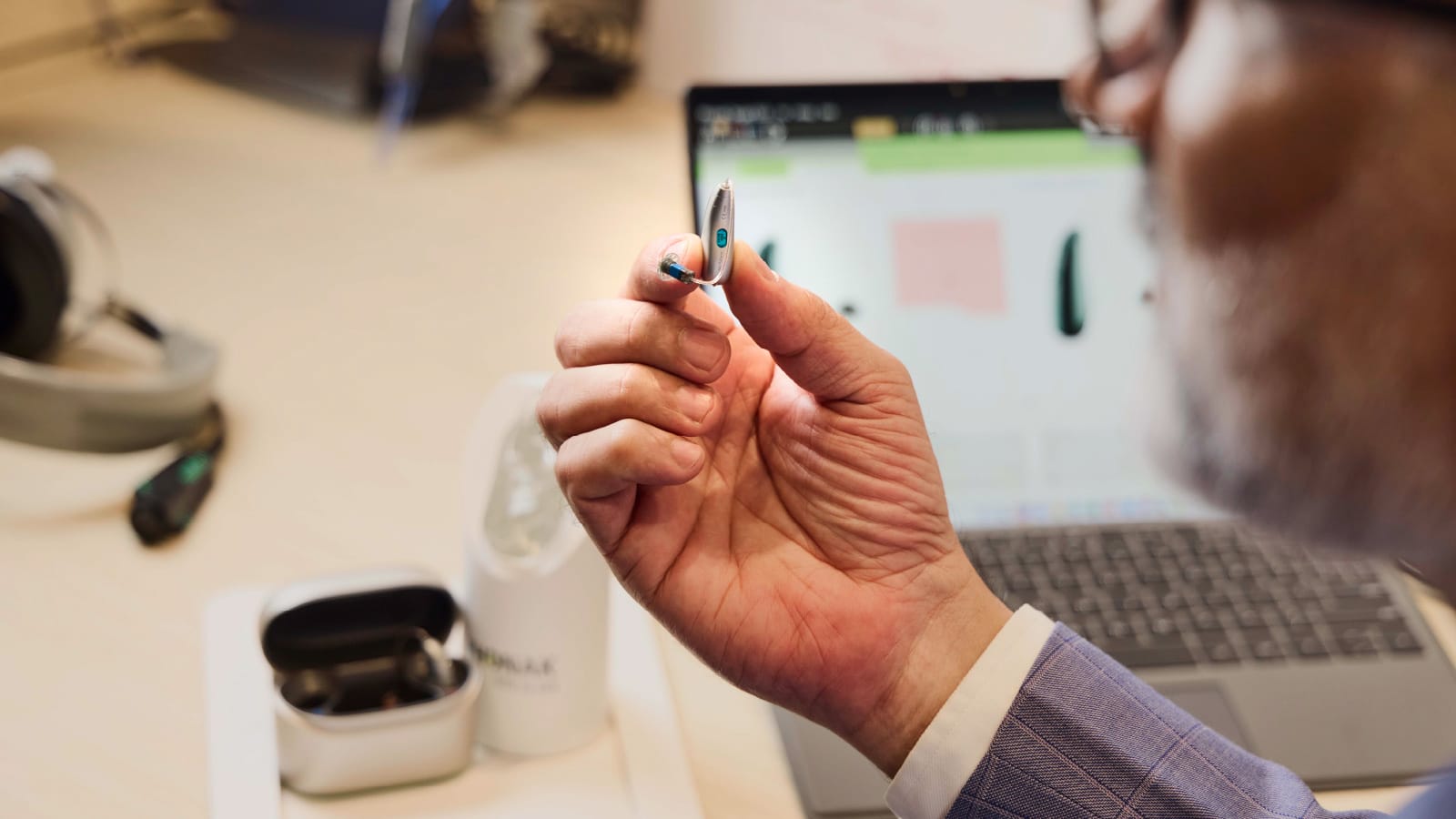A man, once full of energy and charisma — and often described as “the life of the party” — started experiencing hearing loss in his 60s. At first, he dismissed it as a natural part of ageing. However, its impact soon became much more significant than he ever anticipated.
He became less confident and withdrew from social interactions. His family watched helplessly as he transformed from a lively conversationalist to someone who struggled to connect, missing simple appointments and avoiding gatherings altogether.

This transformation revealed a deeper issue: hearing loss affects not only our ability to hear but also how we engage with the world around us. Research from John Hopkins University showed that individuals with hearing loss have a 30 to 40 per cent higher risk of developing dementia.
More research is uncovering the troubling connection between hearing loss and cognitive decline, according to Mr Neeraj Kumar, an audiologist with 25 years of experience. It is no surprise that he strongly advocates for early intervention in addressing hearing loss. “It can be a key factor in delaying or even preventing dementia,” he said.
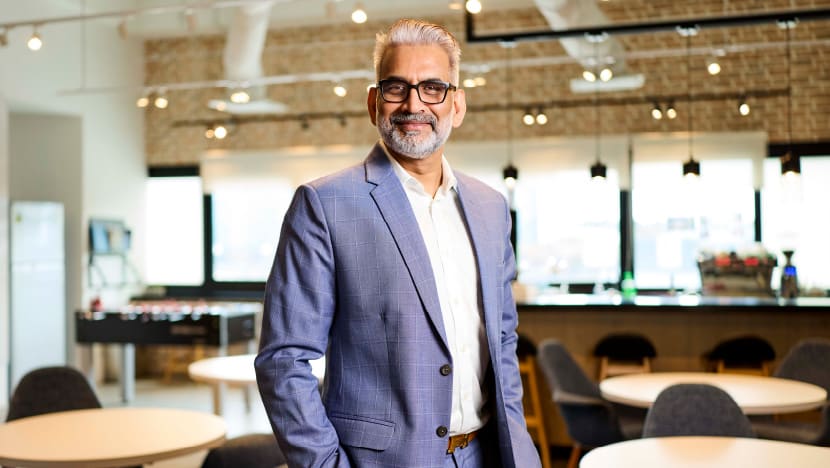
DIFFERENT FORMS OF HEARING IMPAIRMENT
To better understand the connection between hearing impairment and cognitive decline, it is essential to first distinguish the types of hearing loss. There are two main categories: conductive and sensorineural. Hearing aids can be beneficial for both, though their role varies depending on the type.
Conductive hearing loss occurs when there is an issue with the outer or middle ear, often due to blockages, infections, or damage to the ear canal or eardrum. While this type can sometimes be treated with medication or surgery, hearing aids can still be useful in amplifying sound when other treatments are not possible or during the recovery process.
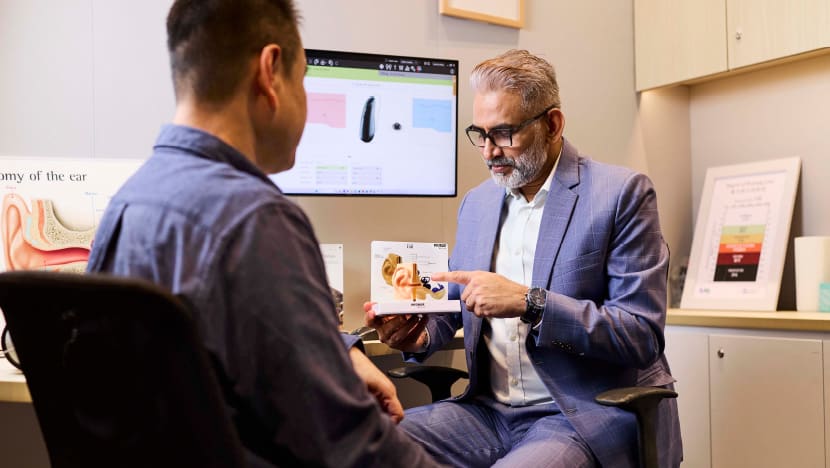
Sensorineural hearing loss, on the other hand, is “almost irreversible”, said Mr Kumar, who is also Director of Sales & Audiology at Phonak Singapore, a leading provider of innovative hearing care solutions. The condition stems from damage to the inner ear or auditory nerve. It is commonly linked to ageing, noise exposure or genetic factors.
Sensorineural hearing loss can also negatively affect brain function. This is because the increased effort needed to process sounds can be mentally exhausting, leading to social withdrawal and less engagement with the world. “The cognitive load associated with hearing loss forces the brain to work harder to interpret speech and sounds, which can drain mental resources,” described Mr Kumar. “Over time, this can result in isolation and a decline in cognitive function.”
For this type of hearing loss, hearing aids are crucial, as they compensate for the reduced ability to process sound by amplifying it, making it clearer and easier for the brain to interpret.
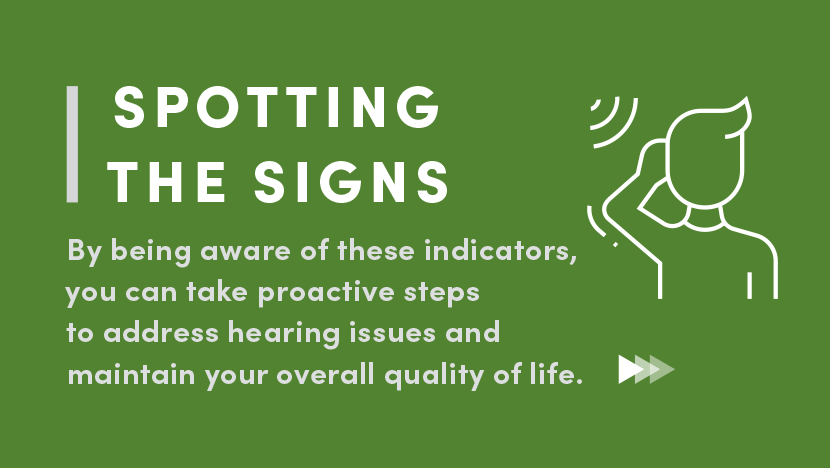
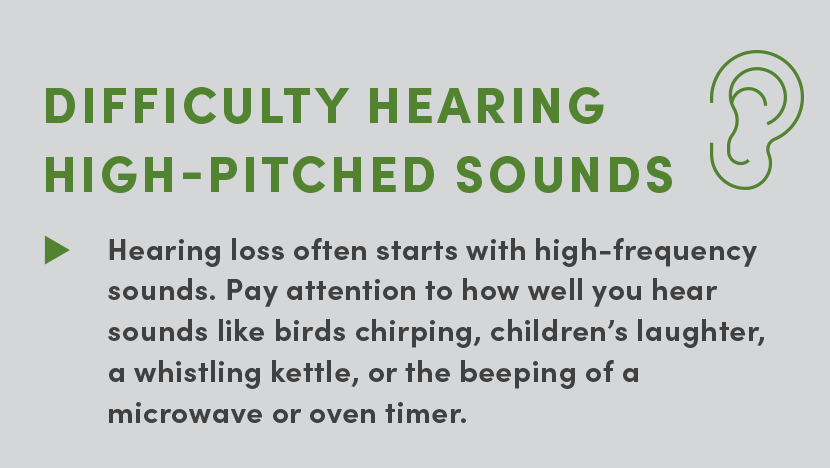
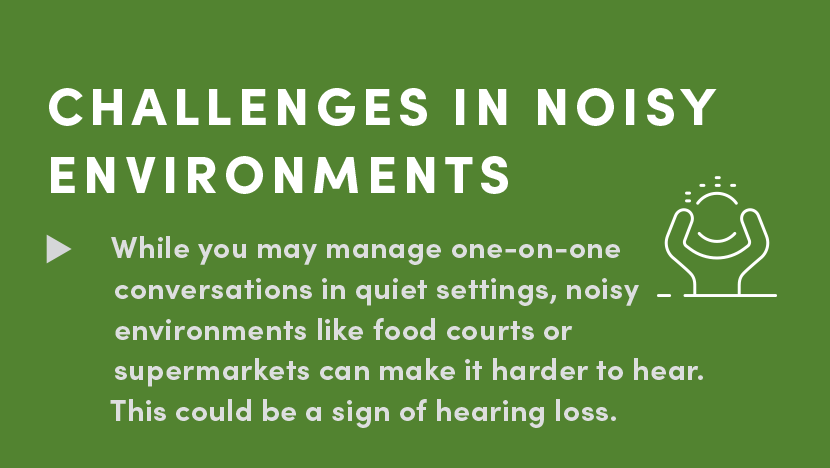
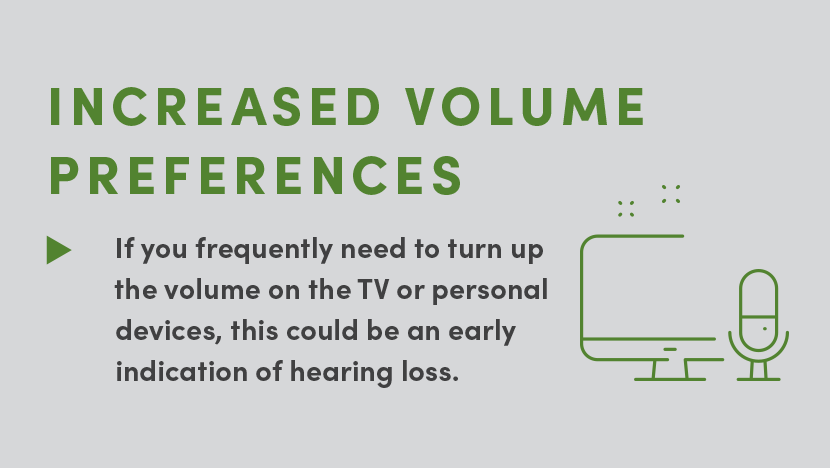
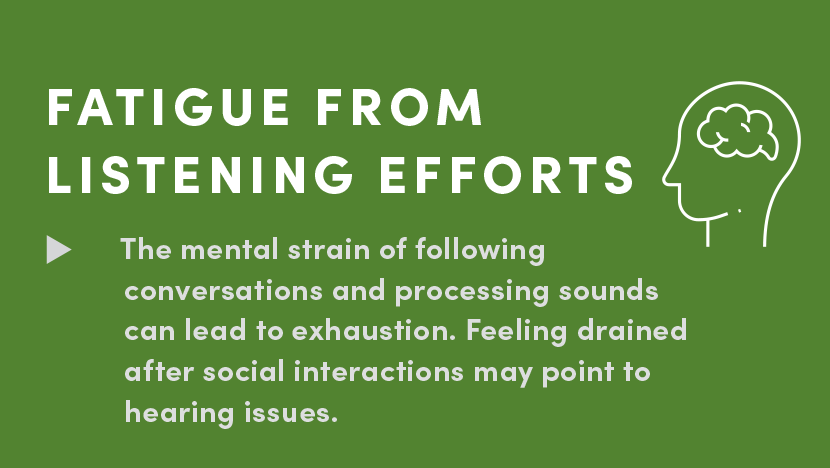
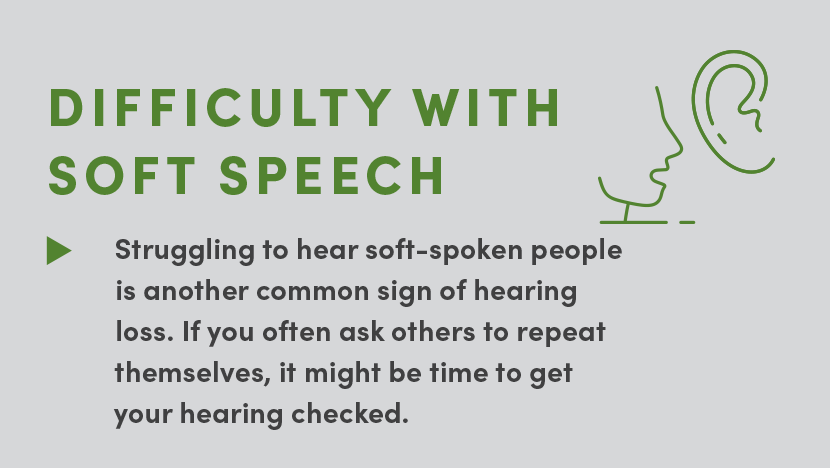






GET HELP EARLY
Advances in technology have significantly improved hearing aids, greatly enhancing a patient's ability to engage with the world. Mr Kumar emphasised that hearing aids can be life-changing, helping individuals regain their confidence and social connections. In the case of the man who had become reclusive, Mr Kumar witnessed a remarkable transformation. "After we introduced the hearing aid, he really started enjoying music again," Mr Kumar shared. "His confidence returned, leading him to participate in physical activities and rejoin social events. He began laughing and reconnecting with those around him."
The positive effects of this change extended beyond the individual; his family dynamics improved significantly too. He was once again able to actively participate in family gatherings, rebuilding relationships that had weakened during his period of withdrawal. “The patient’s quality of life definitely improved,” Mr Kumar affirmed. “He became fully involved in his family’s daily life, engaging with them in a way he had not for years."
While Mr Kumar acknowledged that the patient could not completely regain everything he had lost during those years, he noted, “He is back to life, living like anyone else with normal hearing.”
THE IMPORTANCE OF FAMILY IN HEARING CARE
When it comes to addressing hearing loss, a family-centred approach is crucial.
“We have to take the family as part of the entire intervention plan. If you just work alone, it is not so effective,” emphasised Mr Kumar. This collaborative effort helps create a supportive environment where the patient feels encouraged and understood. Family support can also overcome the common reluctance to embrace a hearing aid, which may stem from a stigma associated with its use.

This journey highlights the profound impact that hearing aids — combined with the appropriate training and support — can have on an individual’s life. The intervention not only helped the patient regain his confidence but also allowed him to reintegrate into daily activities and family life. The improvements went beyond just hearing again; they were about living fully and and reclaiming the richness of life that had once seemed out of reach.
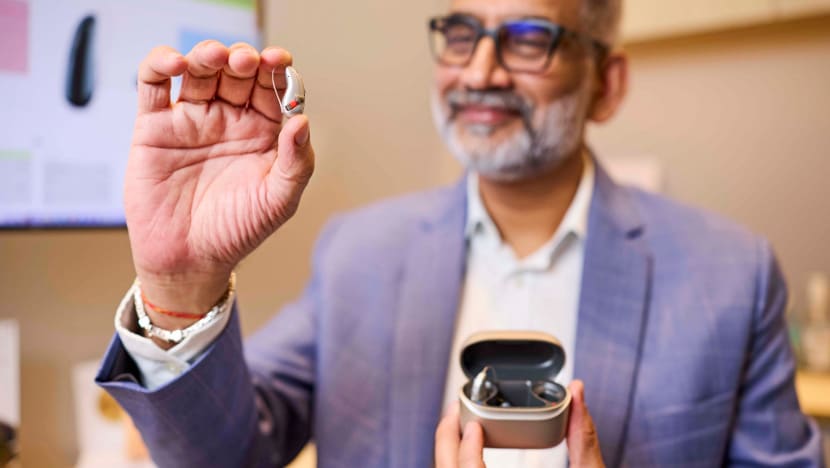
With advancements in hearing aid technology, such as those offered by Sonova, and complementary therapies, individuals can now protect their cognitive health while improving their hearing. These innovations do more than just enhance auditory experiences — they help maintain cognitive function, keep people socially engaged, and significantly boost overall quality of life."











